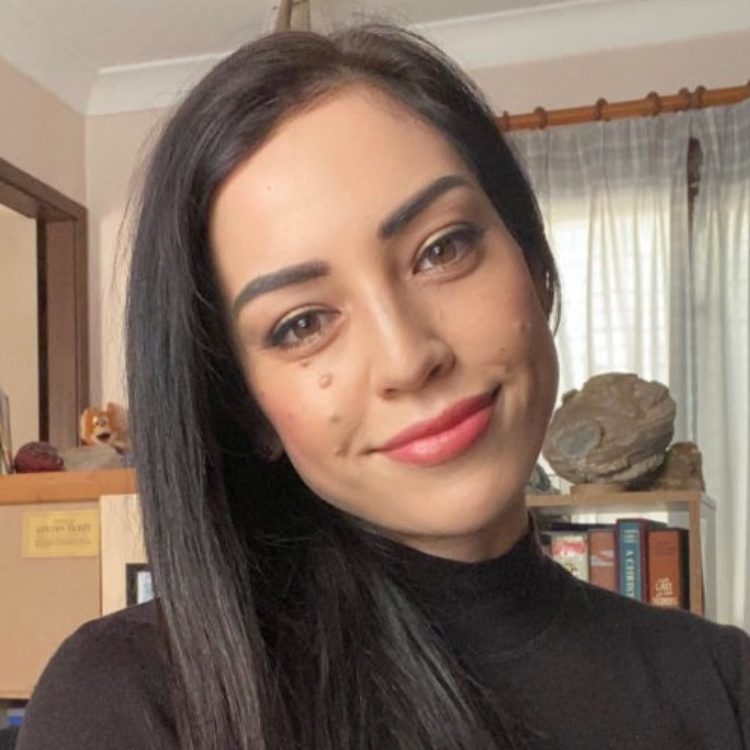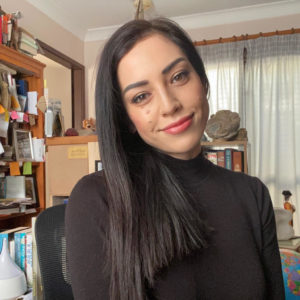The course consists of eight evening online sessions, Tuesdays, 6.30 – 8.30pm
Session 1: Tuesday 8 August
Introduction to setting and world-building
In this session, we will meet our fellow classmates and talk a little about our projects and what we hope to achieve throughout the course. One of the fundamental challenges of writing historical fiction is to create an immersive and believable setting. Using examples from some of the best works of historical fiction, we explore how to ground our stories in real times and locations and engage in exercises to identify what we need to know in order to imbue our work with a sense of authority and credibility
Session 2: Tuesday 15 August
Mastering voice
Voice is arguably the most important element of creative writing. A mixture of style, subject matter and point-of-view, voice is essential to building a cohesive narrative. It’s also one of the most difficult to get right. In this lesson, we will examine the history of voice from its origins as a tool to speak with the dead to its use in fiction as a way of channelling information to the reader. We will examine different types of voice and explore how a combination of all three helps us shape and define the stories we want to tell.
Session 3: Tuesday 22 August
Structure and plot
The way you structure your work determines how the reader experiences the story and creates meaning through the events you choose to reveal. A sound understanding of the principles of structure is essential to writing a satisfying narrative that delivers a delicious payoff for the reader and keeps them coming back for more. Through the examination of a variety of structural frameworks, we will determine which structure might work best for you and explore how the use of techniques such as foreshadowing, flashback and framing narratives can elevate your writing to make it stand out from the crowd.
Session 4: Tuesday 29 August
Research for writers
Learning how to research is an essential skill for writers but if you’ve never worked on a big research project, it can be hard to know where to start. In this session, special guest Robyn Cadwallader will also talk about the relationship between research and story, the importance of giving the narrative room to breathe and how to write without being overwhelmed by research. Robyn’s highly acclaimed historical novels have netted her prestigious awards and prizes and been published in Australia and internationally. Her latest novel, published by HarperCollins, is The Fire and the Rose.
Special Guest: Robyn Cadwallader, Author
COURSE BREAK
Session 5: Tuesday 10 October
Rewriting and editing your own work
Finishing a draft is a huge achievement, but the hard work isn’t over. Once you’ve put some distance between yourself and your manuscript, it’s time to return with fresh eyes and begin the process of redrafting. In this lesson, we discuss different approaches to redrafting, what to do if you hit a roadblock and can’t see a way forward and the different types of edits you will need to undertake to get your manuscript ready for submission.
Session 6: Tuesday 17 October
Working with a professional editor
This week, we pull back the publishing curtain to examine the unique relationship between writer and editor. We will hear from special guest freelance editor Vanessa Laneaway, a professional editor with years of knowledge and experience under her belt. Vanessa has worked with some of the biggest authors in Australia and abroad and we are lucky to have her speak to us about the role the editor plays in improving a narrative and making it shine.
Special Guest: Vanessa Laneaway, Freelance Editor
Session 7: Tuesday 24 October
Working with an agent or publisher
If you’re aiming to have your work published traditionally, you will need to approach publishers either yourself or through an agent. This week we will look at the role of agents and publishers and the different roles they occupy within the publishing industry. Roberta Ivers, Fiction and Non-Fiction Publisher at HarperCollins, one of the biggest publishing houses in Australia, will talk to us about the acquisitions process, where new books are contracted for publication, the publisher/author relationship and the expectation on authors in regards to promoting their work.
Special Guest: Roberta Ivers, HarperCollins Fiction & Non-Fiction Publisher
Session 8: Tuesday 31 October
Providing/receiving feedback and developing a support network
One of the most important skills we need to learn as writers and artists is how to give and receive feedback. Being edited can be a confronting process. We need to treat other writers work the way we wish ours to be treated – respectfully but with a view to improving the story and highlighting its strengths and weaknesses. In this final class, we explore how to deal with rejection, identify flaws in our work and integrate feedback from (trusted) readers. We will discuss the importance of developing a support network and how to connect with other historical fiction writers. Finally, we reflect on what we’ve learned during the course and consider how to move forward with our projects to meet our goals.




